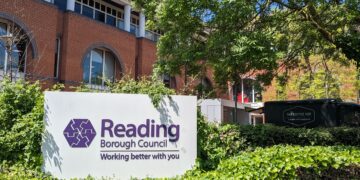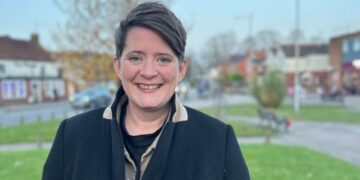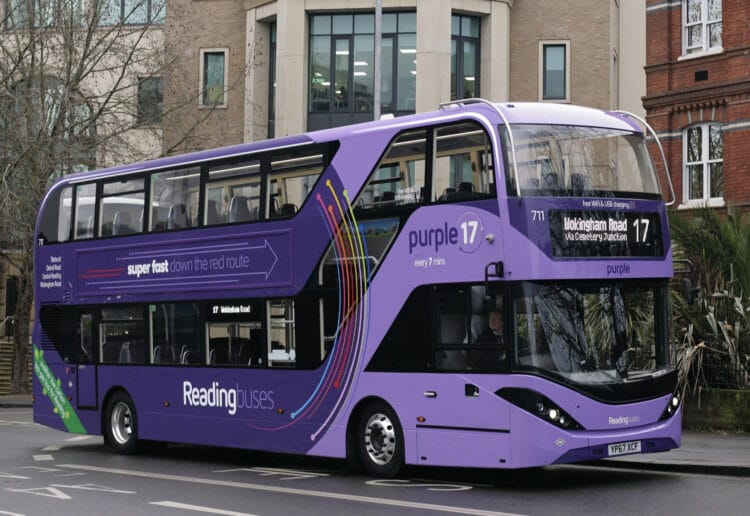READING Borough Council has announced it has secured funding for a fleet of electric vehicles to add to its fleet of buses.
The Department for Transport has announced that £4.7m would be earmarked following a successful bid from the council and Reading Buses.
Now two of the town’s most used routes are set to see new battery electric vehicles as 24 vehicles will be rolled out on routes 17 and 21.
Reading Buses already has one of the most environmentally friendly bus fleets in the UK, as it already used 66 gas-powered buses, and has been trialling zero emission vehicles in the last year.
Over the next two years, the new vehicles will be added to those running first on Route 17, which sees one fifth of all of the town’s bus users, and Route 21.
The routes run through some of the most high-density residential areas of Reading, where pollution from private vehicle use remains high.
It comes after the Department for Transport provided 75% of the difference in costs of the new buses compared to diesel buses and 75% of costs for infrastructure updates at the depot in Great Knollys Street.
James Crosbie, assistant director for Planning, Transport and Public Protection, said: “The introduction of 24 electric buses to Reading is very exciting and highlights our commitment to improving air quality and the health of residents in the borough.
“The Council’s £26m Bus Service Improvement Plan has already made travelling by bus easier and cheaper and introduced new, convenient bus routes for residents. New bus lanes will make getting around the borough on public transport even faster and more reliable.
“These electric buses will help reduce carbon emissions in built up residential areas and supports our aim for Reading to be net zero carbon by 2030.”
Robert Williams, chief executive officer of Reading Buses, said: “We are delighted to have secured this funding to enhance our fleet with zero emission vehicles, which will provide even quieter, smoother journeys for our customers, and demonstrate the significant environmental benefits of switching to public transport.
“We hope that this will be yet another reason for people to give our service a try, helping to encourage a reduction in private car emissions and congestion, both of which have such a significant impact on all the residents of the town.”
























